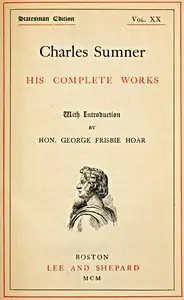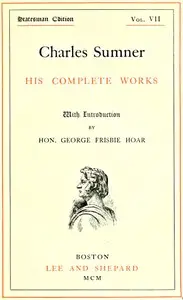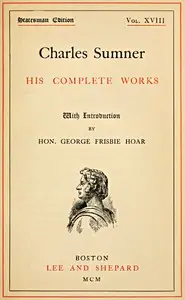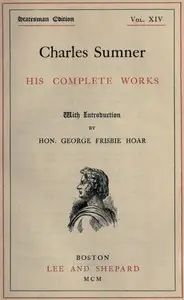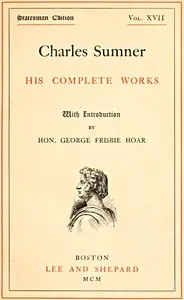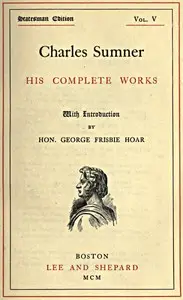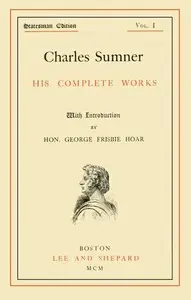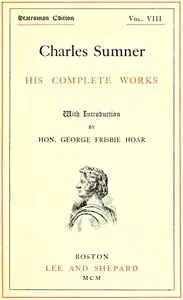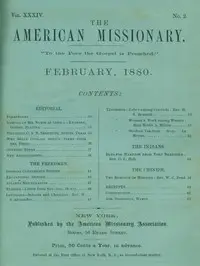"Charles Sumner: his complete works, volume 19 (of 20)" by Charles Sumner is a compilation of powerful speeches and writings from the past, shining a light on important topics like civil rights, learning, global laws, and American government during a time of big social and political changes. The book may grab the attention of anyone interested in American history, fighting for civil rights, and political ideas. The volume starts with Charles Sumner speaking in the Senate about "Colored Schools in Washington," where he strongly supports getting rid of any kind of racial separation in schools. Sumner passionately explains that equality should be a part of education, connecting it to past fights against racial unfairness in courts and on public transportation. He stresses how important it is to give all children, no matter their race, the same chances to learn, saying that the future depends on making schools welcoming to everyone; this creates a captivating look into the battle for fairness and justice in the United States after the Civil War.
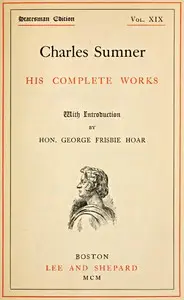
Charles Sumner: his complete works, volume 19 (of 20)
By Charles Sumner
Experience a senator’s fight for civil rights and equal education in a divided America as he battles racial discrimination through his speeches and writings.
Summary
About the AuthorCharles Sumner was an American lawyer, politician, and statesman who represented Massachusetts in the United States Senate from 1851 until his death in 1874. Before and during the American Civil War, he was a leading American advocate for the abolition of slavery. He chaired the Senate Foreign Relations Committee from 1861 to 1871, until he lost the position following a dispute with President Ulysses S. Grant over the attempted annexation of Santo Domingo. After breaking with Grant, he joined the Liberal Republican Party, spending his final two years in the Senate alienated from his party. Sumner had a controversial and divisive legacy for many years after his death, but in recent decades, his historical reputation has improved in recognition of his early support for racial equality.
Charles Sumner was an American lawyer, politician, and statesman who represented Massachusetts in the United States Senate from 1851 until his death in 1874. Before and during the American Civil War, he was a leading American advocate for the abolition of slavery. He chaired the Senate Foreign Relations Committee from 1861 to 1871, until he lost the position following a dispute with President Ulysses S. Grant over the attempted annexation of Santo Domingo. After breaking with Grant, he joined the Liberal Republican Party, spending his final two years in the Senate alienated from his party. Sumner had a controversial and divisive legacy for many years after his death, but in recent decades, his historical reputation has improved in recognition of his early support for racial equality.

